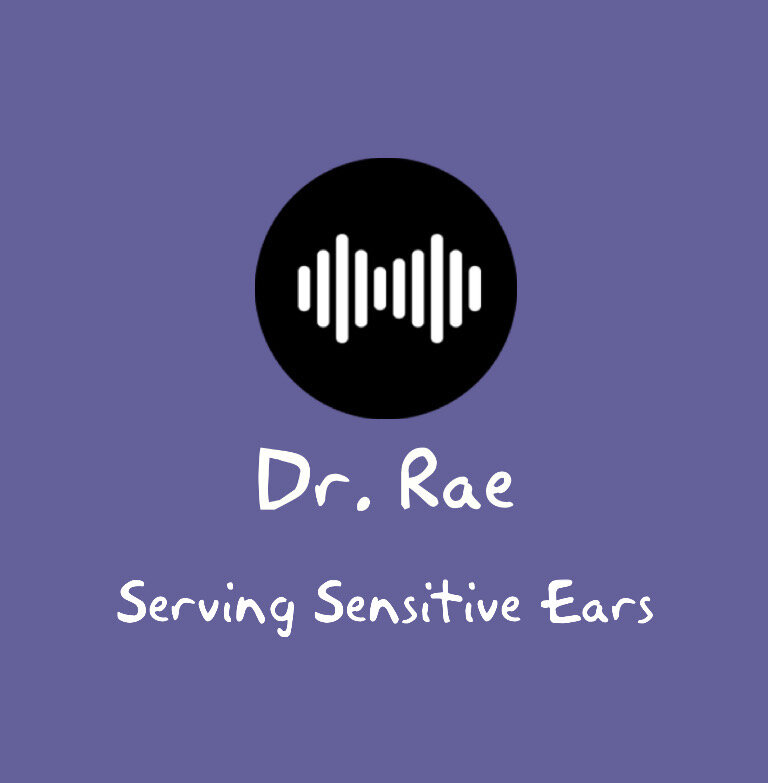“Specialization is for insects.”
You know that Heinlein quote?
“A human being should be able to change a diaper, plan an invasion… cook a tasty meal, fight efficiently, die gallantly. Specialization is for insects.”
That line has stuck with me because it describes exactly why I don’t fully trust “experts,” at least not the kind that get stuck in their one little tunnel and forget the rest of the child.
In medicine and education, everyone has their lane: the audiologist won’t touch reading, the reading specialist won’t talk about sound access, the speech pathologist won’t talk about cognition, and the psychologist won’t talk about hearing. Each person is polished in their niche, but they often don’t see the child… they see a checklist or a label.
When I say I don’t trust “experts,” I don’t mean I think they’re bad people. I mean I’ve seen too many kids fall through the cracks because the so-called “specialist” refused to look left or right. They didn’t know enough about the system outside their own silo to question the bigger picture.
We all should strive to become the generalist. We need to learn all the pieces, not because we think we know everything, but because no one else is putting it together. When a kid has autism and APD and trauma and giftedness and maybe a language barrier, no one expert is going to be enough.
I think you get it. You’ve probably seen the same thing. Families come in exhausted because they’ve done everything they were told, seen all the experts, and their child is still struggling.
The truth is, the real “expertise” is the ability to zoom out. To ask better questions. To connect dots no one else is looking at.
That’s what I trust. Not the person with the most credentials, but the one who listens, thinks across disciplines, and sees the kid as a whole human being.
That’s not specialization. That’s humanity.
And humanity is how we really can help.
